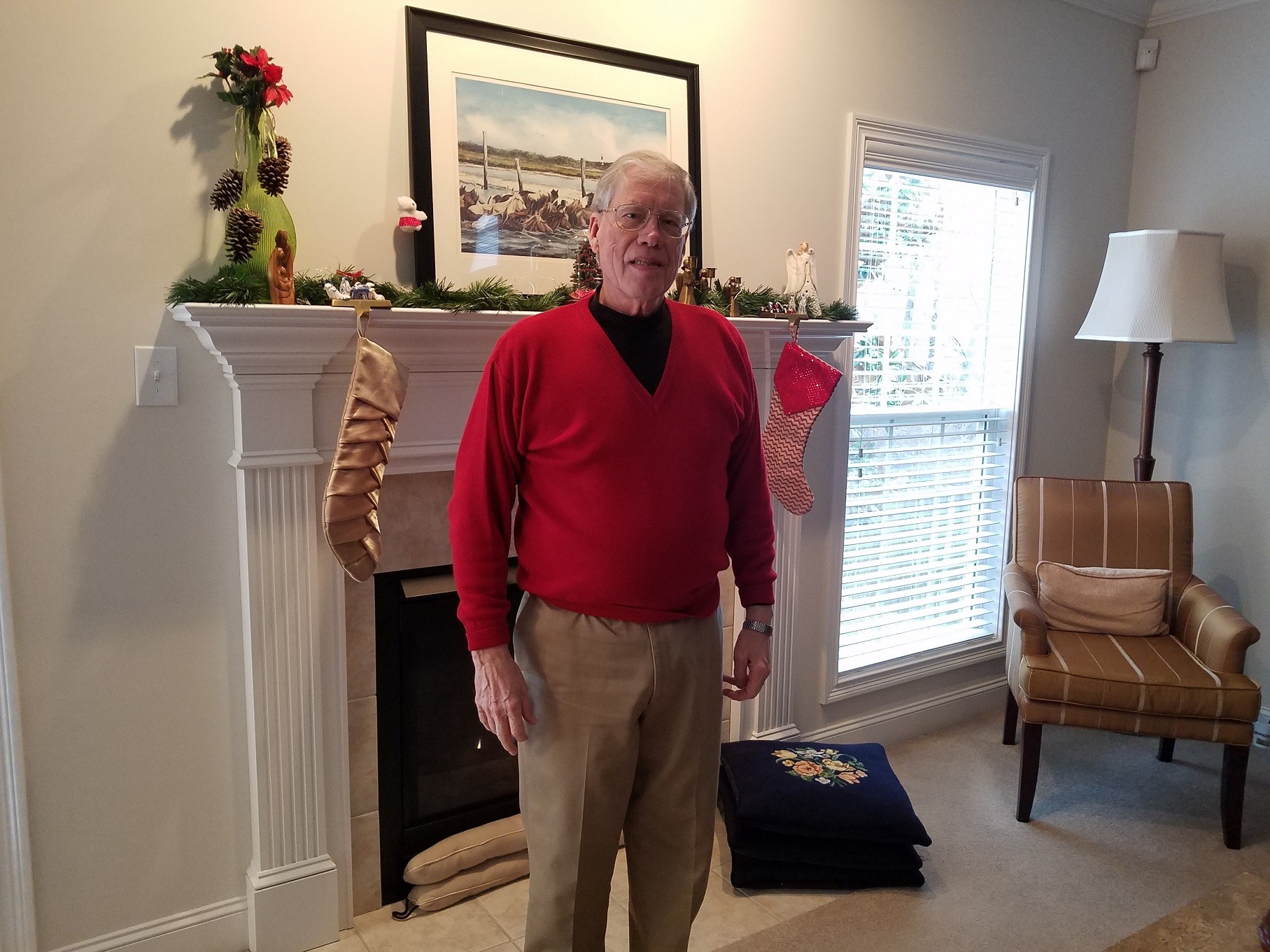Jim Costa’s career as a chemical engineer for Firestone and other companies took him all over the globe, from northern Africa to South America.
“I was very active,” Costa says, “hopping on and off planes.” When he retired 13 years ago, at 64, “I hit a vacuum.”
He confesses he hates golf, can’t stand television and is puzzled by the appeal of social media. More than that, he wanted to be of use. Costa saw a notice at his church, Middlebrook Pike United Methodist, that volunteers were needed to help with English as a Second Language (ESL) classes at Bearden Middle School, not far from his home off Amherst Road.
He went in and met Bill Meidl, who at the time was the only ESL teacher at the school. Since then, he has volunteered more than 2,000 hours at Bearden. He was honored by a resolution by the Knox County Commission in late 2017, after Ed Shouse, whose son, Joe, attended the school, heard teachers talking about Costa’s extraordinary volunteer service.
Costa says his time at the school this academic year was limited by some health issues, but he is eager to get back. He also tutors at Centro Hispano and has done so for about eight years.
At Bearden Middle, he is assigned one or two students who are particularly struggling and spends a couple of hours with them each school day. One of the high points of this second act of his life, he says, is having seen one of his students receive the school’s “most improved” award, rejoicing along with the student’s family.
Being an ESL volunteer seemed a logical choice to Costa because he speaks several languages, although he adds that you don’t have to speak a second language to be an ESL tutor. He grew up in New Jersey with parents who spoke Italian at home and says the close relationship of the two languages made Spanish easy to learn. He learned French and Arabic in the 1960s, while serving with the Peace Corps in Morocco.
Costa’s wife, Lynne, is from South Africa, and their daughter, Samantha, was born in Chile. All three are now in Knoxville. He likes the area, he says, because, “It’s small enough to have a human scale but big enough to have what you need.”
That “human scale” means it’s a place where it’s easy for one person to make a significant difference in the community.
“There are all kinds of opportunities. Just see where you fit in,” he says. “You always get more than you give. For me, this is a lifesaver.”

